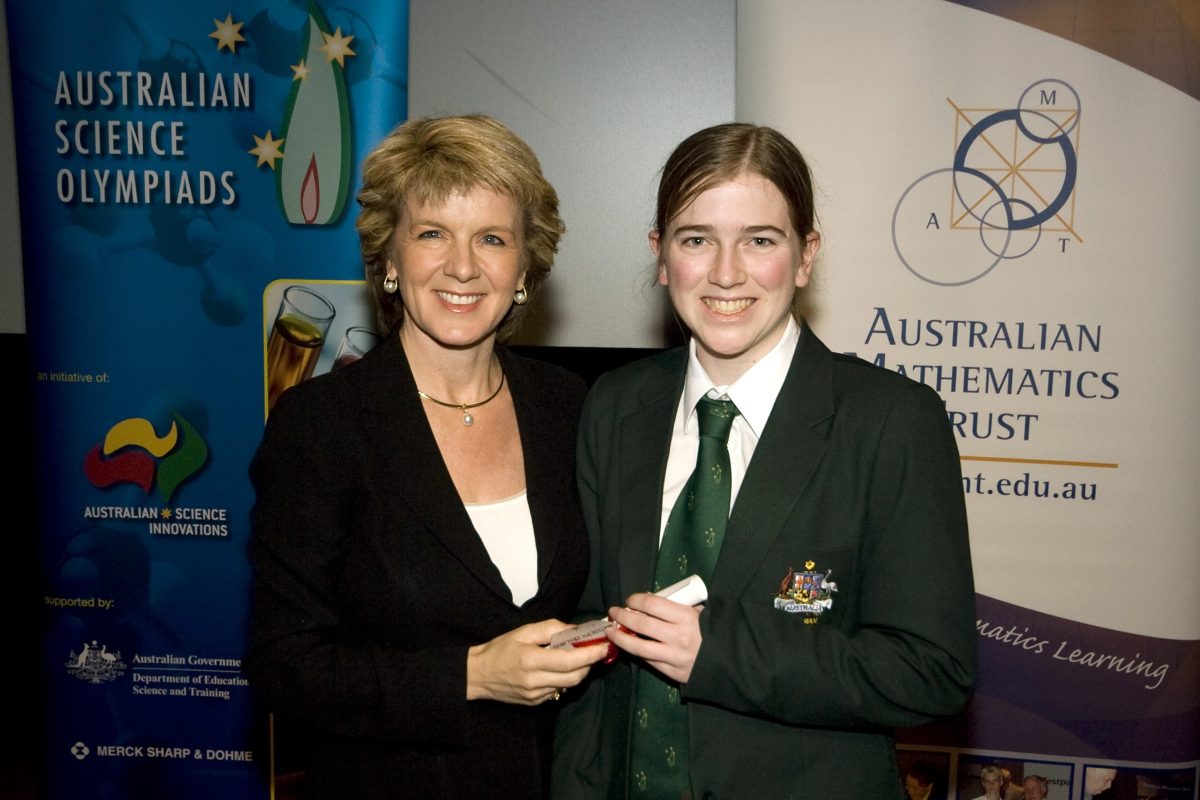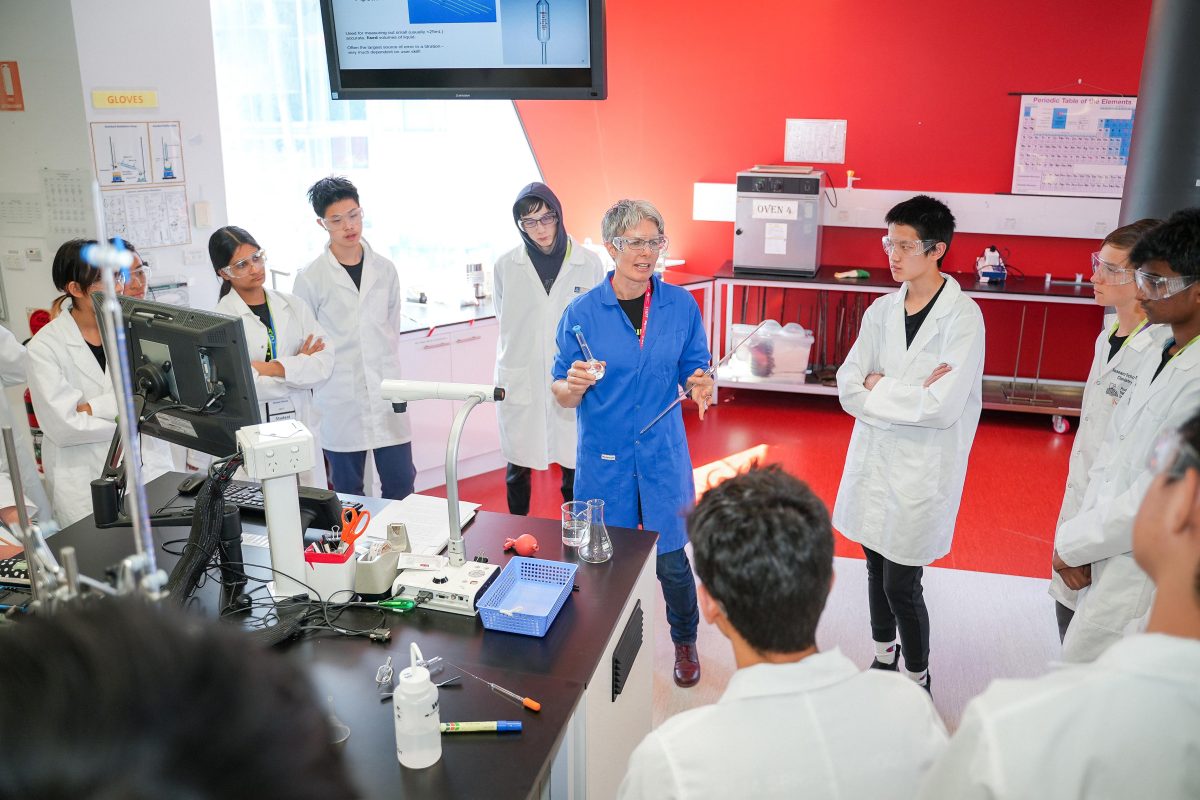Ian Preston – 2000 IPhO
Physicist and competitive ballroom dancer, Dr Ian Preston, learnt calculus from first principles when he was only 12 years old.
This was thanks to his grandfather, Gordon Preston, who was a Professor of Mathematics at Monash University and one of the Bletchley Park codebreakers during World War II. “He would tell us stories about how he used to play chess with Alan Turing,” Ian says.
Ian’s love of STEM drew him to after school lectures at RMIT teaching the foundations of physics. These lectures were a natural stepping stone that led him to the qualifying exam for the Physics Olympiad, and to compete at the 2000 International Physics Olympiad in Leicester, England.
Before the International competition, Ian had never left Australasia. The overseas journey was a great experience for him and one full of wonderful memories. “On the Olympiad itself in Leicester we convinced a group of people from different countries to all dye their hair various colours,” he says. “Mine ended up in Australian colours – green and gold.”
He later studied physics and maths at Oxford University, leading to a doctorate there in particle physics. After trying out academia, he realised he was better suited to a role in industry and working as a software engineer for start-ups. “I became disillusioned with the academic career, and turned to problem-solving in a different, but still very satisfying, domain,” he says.
He now runs his own company, Peergos, which builds a more private and user empowering web. “What inspired me was an article where Edward Snowden described how mass surveillance affects us all,” he says. “I thought: this is not the society I want to live in – and decided that we needed to do something to protect our information.”
Ian is a very persistent person who views failure as a step to success and an opportunity to learn. He struggled for many years to make it into the finals of the national student ballroom competition, and wrote to over 200 companies to get funding for his place at Oxford University.
But Peergos is his proudest achievement, which started as a side project in 2013 with a group of friends. Six years down the line, Oxford University accepted Peergos into its start-up accelerator and the company won a 200 000 EUR grant. “We’re about to release a privacy-respecting, humane, user-oriented social network,” Ian says. “We have come a long way!”
Ian encourages any high school student thinking of pursuing a career in STEM. He believes that “the most important thing about science is it teaches you to think, to evaluate evidence… society needs more people with these skills, especially in non-STEM jobs like politics.”



